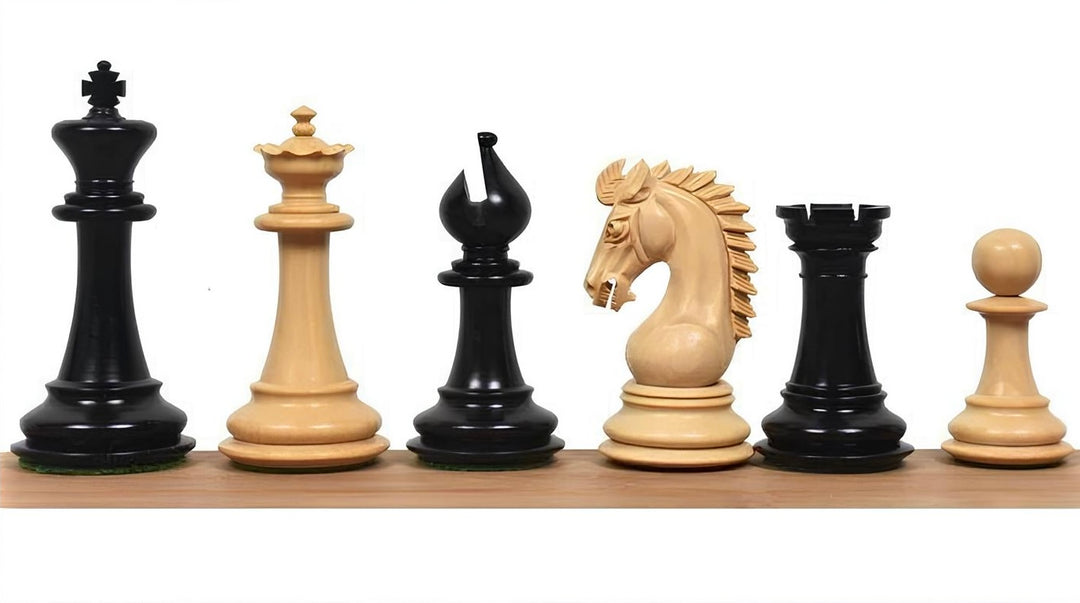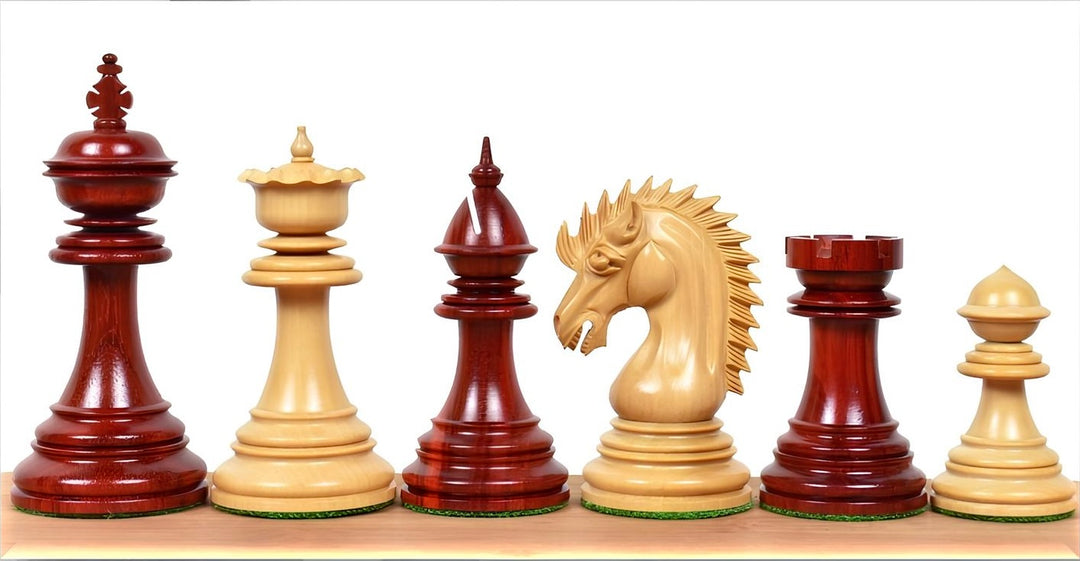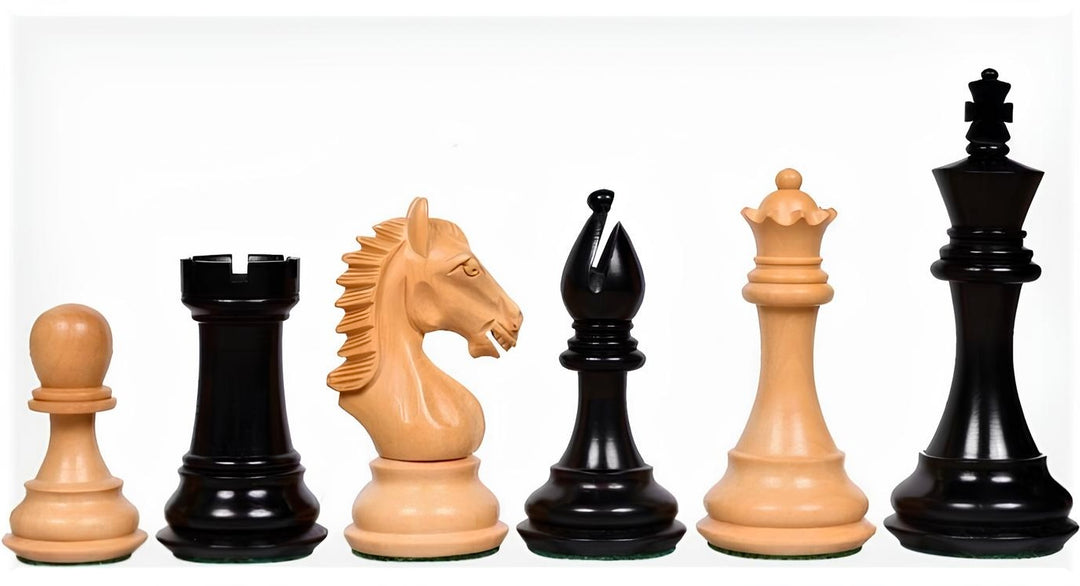Introduction to Personality in Chess
The game of chess is often perceived as a serious sport that demands a high degree of intellectual exertion and emotional control. Despite this austere image, the chess world is replete with personalities who bring warmth, generosity, and a spirit of fair play to this competitive arena. Identifying the nicest chess player is not just about who has a pleasant demeanor but also encompasses sportsmanship, contribution to the chess community, and supportive interactions with both peers and fans. Through this lens, we explore some prominent figures whose reputations for kindness and integrity stand out in the chess community.
Criteria for Being the ‘Nicest’ Chess Player
Before delving into specific individuals, it is crucial to establish what makes a chess player “nice.” Sportsmanship refers to maintaining a respectful attitude towards opponents, both in victory and defeat. Contribution to the community can involve anything from teaching young players and promoting the game, to engaging in charitable activities. Lastly, personal interactions that include accessibility, willingness to engage with fans, and mentorship also play a significant role. These multifaceted aspects give us a rounded view of the player's character and impact.
Historical Perspectives on Gentlemanly Conduct in Chess
Adolf Anderssen and His Esteemed Manners
One of the earliest recorded figures renowned for his demeanor was Adolf Anderssen, a leading player of the 19th century. Known not only for his imaginative style of play but also for his gentlemanly conduct, Anderssen's congenial nature was evident in his polite interactions and fair play, characteristics much admired during his time.
Emanuel Lasker - A Champion of Fair Play
Emanuel Lasker, World Chess Champion from 1894 to 1921, not only stood out for his incredible chess skills but also for his philosophical approach to life and the game. Lasker was known to believe that chess was a tool to improve oneself, and he often emphasized the importance of good sportsmanship and the ethical treatment of opponents. His tenure as a champion is still one of the longest in history, and his ethical approach to the game set precedents for future generations.
Modern Exemplars of Niceness in Chess
Vishwanathan Anand - Gentleman of Chess
In contemporary times, few have embodied the spirit of cordiality and graciousness as much as Vishwanathan Anand. Anand, often called Vishy by his fans, is a five-time World Chess Champion from India known for his rapid thinking and innovative strategies. Beyond his formidable board presence, Anand is celebrated for his gentlemanly manners. He often shows genuine warmth in interactions with both fans and fellow players. His willingness to engage with young players and promote chess in India exemplifies his contribution to the game.
Magnus Carlsen - Sportsmanship in the Modern Era
Magnus Carlsen, the Norwegian chess prodigy and current World Chess Champion, is admired not only for his exceptional skill but also for his fair play. Despite his competitive spirit, Carlsen often expresses genuine admiration for good moves from his opponents and maintains composure, whether in victory or defeat. His relaxed approach during interviews and his efforts to promote chess to a broader audience also make him a likable figure in the chess world.
Anatoly Karpov - A Legacy of Generosity
Anatoly Karpov, another World Chess Champion, is respected not only for his achievements on the board but also for his contributions off it. Karpov has been involved in numerous charitable activities, including supporting chess schools and encouraging the education of the youth. His cordial demeanor during contests and the respect he commands in the chess community for his integrity adds to his repute as one of the nicest players to grace the game.
Women in Chess and the Spirit of Niceness
Judit Polgar - Breaking Stereotypes Gracefully
Judit Polgar, the strongest female chess player of all time, merits inclusion for her sportsmanship and her role in changing the perceptions of women in chess. Polgar, who competed solely in men’s tournaments, frequently expressed her desire for a fair and just competition above all else. Her cordial interactions and the dignified manner in which she handled both her victories against top male players and her defeats, speak volumes of her character.
Susan Polgar - Promoting Chess with a Smile
Susan Polgar, elder sister to Judit, is known not only for her historical achievements in chess but also for her dedication to promoting the game globally. Her warm and approachable nature, combined with her initiatives in chess education, particularly for girls, shows her commitment to spreading not just the strategies but also the joys of the game.
The Role of Niceness in Chess’s Popularity and Accessibility
While discussions about the nicest chess player can be subjective and vary widely, the influence of these players on the game’s global reach and public image is undeniable. Players who demonstrate respect, kindness, and a willingness to engage beyond the board often attract positive media attention and bring a human touch to what might otherwise be seen as a highly cerebral and inaccessible game.
Conclusion
Chess, at its core, involves two individuals who share a love for the game engaging in a mental battle. The “nicest” chess players enrich this interaction by infusing it with respect, kindness, and an unyielding spirit of fair play. From historical figures like Lasker and Anderssen to modern icons like Anand and Carlsen, each brings their unique warmth to the sport. It is through their exemplary conduct that chess transcends mere competition to become a truly global and accessible game, cherished not only for the intellectual challenge it offers but also for the lasting human connections it fosters.
Explore our large collection of luxurious chess sets!


















































Leave a comment